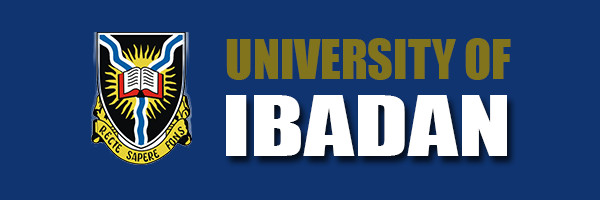UI Mail | Transcript | LMS | RESEARCH | 100andChange Proposal | UI NELFUND Support
|
|
|
|
Brief History of Internal Audit Department from 2005 to Date After the Council enquiry by Professor Ola’s Committee into the losses of stock of various rations especially of Jerry and Mammalade which resulted into loss of colossal sum of money in the Catering Department of the University of Ibadan, the council at its meeting of 18th and 19th November 1974 decided to establish an Independent Audit Department. The Governing Council therefore accepted the recommendation of Professor Ola’s Committee on Internal Audit Unit which include the following; I. that a complete Independent Internal Audit Unit should be set up with immediate effect. Its duty would be to audit regularly and without prior notice, the account of all the spending departments and unit in the University. II. that the unit should be independent of the Bursar and be responsible to Vice-Chancellor. It should be submitting reports to the Vice-Chancellor at least once in a quarter. However, the reports are now being forwarded to the Council through the Vice-Chancellor and this confers greater level of Independence on Audit Department. III. that the head of the Internal Audit department should be a well qualified accountant.. INTERNAL AUDIT FUNCTIONS I. the maintenance of an adequate check against fraud and misappropriation; Internal auditing is a profession and activity involved in advising organizations regarding how to better achieve their objectives. Internal auditing involves the utilization of a systematic methodology for analyzing business processes or organizational problems and recommending solutions. Professionals, called internal auditors are employed by organizations to perform the internal auditing activity. The scope of internal auditing within an organization is broad and may involve internal control topics such as the efficacy of operations, the reliability of financial reporting, deterring and investigating fraud, safeguarding assets, and compliance with laws and regulations. Internal auditing frequently involves measuring compliance with the entity’s policies and procedures. However, internal auditors are not responsible for the execution of company activities; they advise management and the Board of Directors (or similar oversight body) regarding how to better execute their responsibilities. As a result of their broad scope of involvement, internal auditors may have a variety of higher educational and professional backgrounds. INTERNAL AUDIT SINCE 2005 TO DATE Before year2005, this department was headed by a Chief Internal Auditor which is equivalent to the Chief Accountant in Bursary and could only carry out its various assignments with three (3) chartered accountants (himself inclusive).Today, the department has not less than ten {10) chartered accountants and operate at director level. The department operates a decentralized system with Faculties Audit units headed by Resident Auditors, most of whom are chartered accountants. Some of these faculties are: IN-HOUSE TRAINNING REVIEW OF ACCOUNTING POLICIES TENURE AUDIT WIDER COVERAGE QUALITY CONTROL COMPUTER ASSISTED AUDITING TECHNIQUES (CAAT) INTERNAL CONTROL OVER E-PAYMENT OBJECTIVITY AND INTEGRITY CONCLUSION Mr. B. O. AKINREMI |


